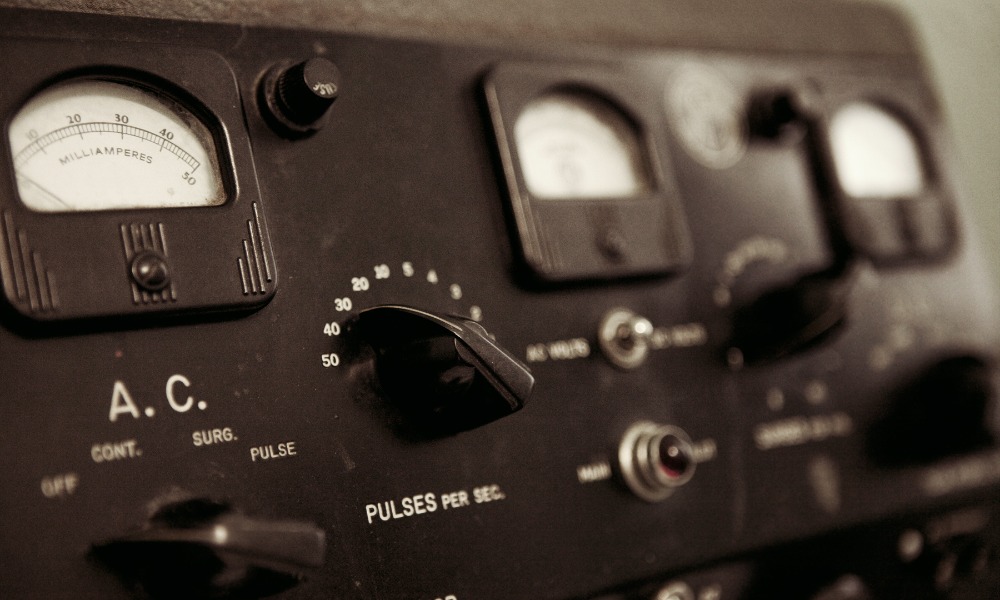
Expert evidence is necessary in malpractice cases involving specialized procedures: court

In a recent decision, the BC Court of Appeal upheld the dismissal of a medical malpractice claim against three psychiatrists regarding electroconvulsive therapy (ECT).
In Rybakov v. Khattak, 2024 BCCA 96, the court found that the plaintiff had argued negligence in administering and communicating the ECT treatments without providing expert evidence to support his claims.
The malpractice claim centred on the plaintiff’s contention that the psychiatrists did not meet the required standard of care during his ECT treatments, particularly failing to inform him about the increased power and duration of the electrical charges used in later sessions. Despite the absence of expert testimony, the plaintiff believed there was sufficient evidence for a jury to consider the respondent psychiatrists’ failure to communicate these adjustments as negligence.
The court dismissed the case at the trial level, finding no evidence to support the plaintiff’s claims, given the technical nature of ECT and the specialized knowledge required to determine the standard of care. The plaintiff’s appeal focused on whether laypersons could assess the standard of care in this context without expert guidance.
The BC Court of Appeal concurred with the lower court, noting the necessity of expert evidence in medical malpractice cases involving specialized procedures like ECT. The court found that the appellant's arguments, particularly those related to informed consent and the communication of treatment adjustments, did not present a new legal theory but underscored the need for expert testimony to establish a breach of the standard of care.
The Court of Appeal's decision reinforced the importance of expert evidence in assessing the standard of care in medical malpractice cases, particularly those involving complex medical procedures. The ruling clarified that allegations of negligence require not just evidence but specific expert testimony to support claims that medical professionals failed to adhere to accepted standards of care. Accordingly, the court dismissed the appeal.